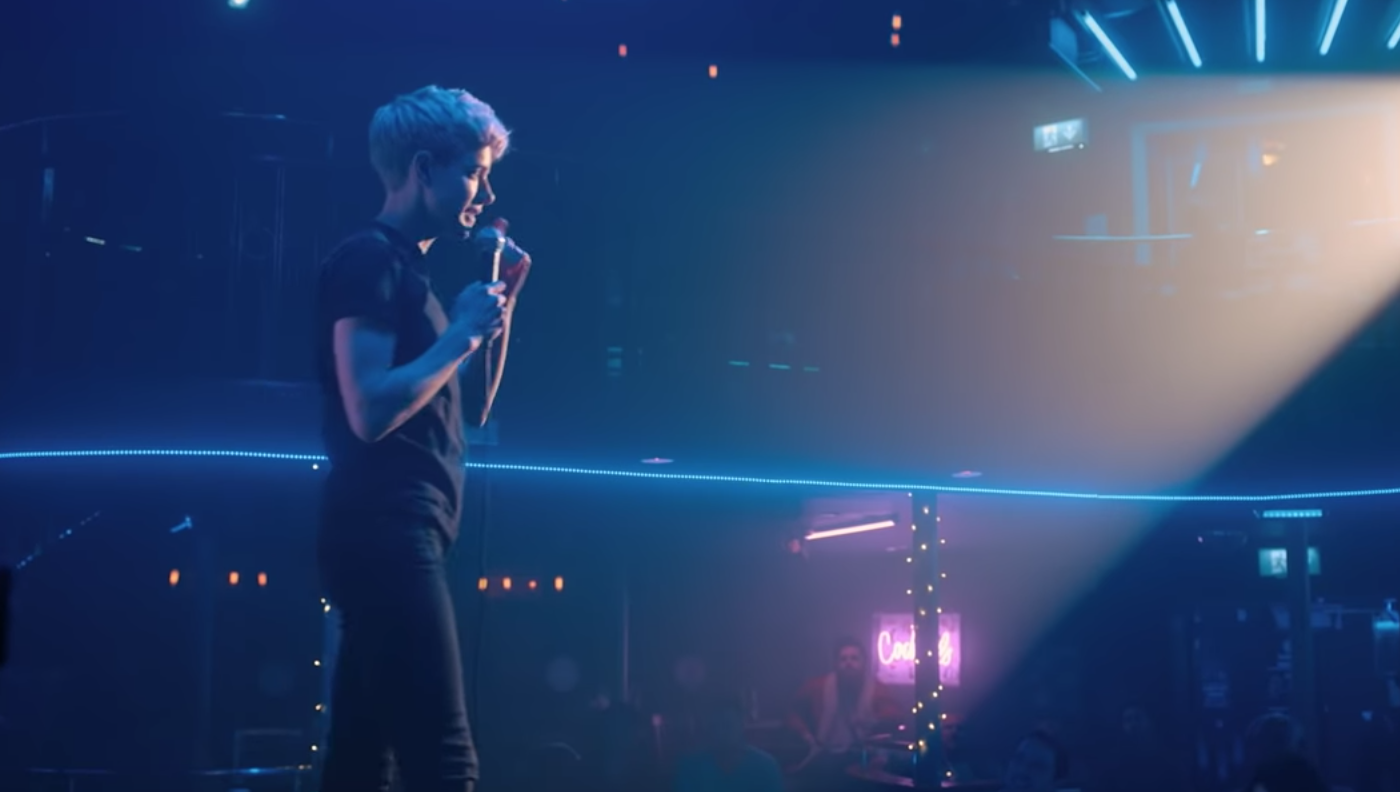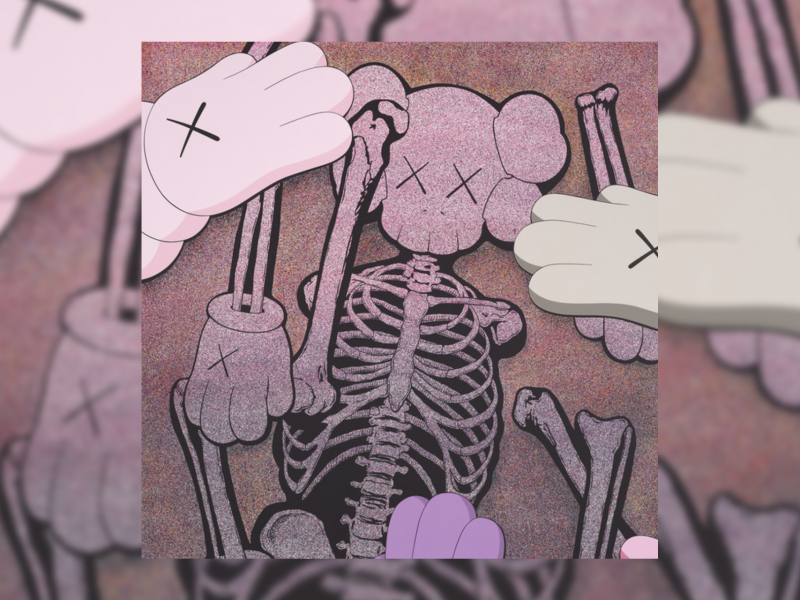When I first saw the ads for Feel Good on Netflix, I thought it’d be my new favorite show. I watched the trailer over and over again, loving the swell of music before the final, emotional, 20 seconds. When I read that Mae Martin was using her own life as inspiration — writing and starring in the show — I immediately thought of critically-acclaimed Fleabag. I envisioned her as a Phoebe Waller-Bridge in the making.
But while Fleabag takes an insane reality and makes it relatable enough to keep your interest, Feel Good falls flat on both laughs and tears. Though the show portrays toxic traits, people and relationships from a (real and fictional) comedian’s perspective, its six short episodes didn’t suck me in.
The first episode begins with promise: painfully awkward banter between our soon-to-be lovers, dramatic lighting reminiscent of Euphoria and the introduction of Phil, a weird and light-hearted side character who you can tell will become a fan favorite. And then the “romantic” montage begins.
It only lasts about a minute, but it completely misses the mark on what the viewer needs in order to become emotionally attached to the couple. After only one night together — George’s first sexual experience with a woman — it’s unbelievable that these two fall so deeply in love that George gives Mae a key to her apartment after only three months.
That’s not to say the above scenario is impossible. But the show illustrates nothing of substance. Two people giggling, kissing and sleeping together did nothing to further the love story, one which quickly unravels and re-ravels and then unravels again. But each time it seems more superfluous.
Why don’t they just break up? I asked myself as the two continued to bicker, not seeing eye-to-eye on almost every issue in their relationship. George wouldn’t tell her friends about Mae, Mae didn’t want to open up about her past as an addict — each argument ending with a mediocre apology and sex, without ever really solving the problems at hand.
All the while, everything was incredibly predictable. Though dramatic at times, there was no shock value in Mae’s addiction; no overwhelming applause when George finally told her friends about her girlfriend. Mae’s chaotic energy was never meant for someone as meek as George. The two were doomed from the start and the entire plot relied on the wishy-washy nature of their relationship, which wasn’t very enticing.
The two were constantly slipping through each other’s fingers, and maybe that was the point. But it was poorly executed. There was no motive to root for them as a couple. In other romances, it’s not uncommon to see a storyline where one person finally realizes they want to be in a relationship with someone, just to find out they have a new girlfriend. It happens in Friends, Jane the Virgin, New Girl and almost every rom-com I’ve ever seen. But here, it seemed like hard work to cheer them on. I didn’t ever pine for their connection.
In the season’s penultimate episode, George gets to the root of her and Mae’s issues. “Do I make you happy?” George asks, to which Mae responds, “Um, well I’m in love with you.” Mae says it with conviction, unaware that she hadn’t answered the question at hand. It finally becomes clear what’s been missing in their relationship all along: happiness. It’s the crucial missing link, all leading back to that poorly-constructed montage in episode one.
No one is going to care about a TV couple with relationship issues if they aren’t invested in what was so great about the couple to begin with. All we saw were giggles and kisses, and then, all of a sudden, the two were moving in together and their problems began. It’s something that simply gets lost in the shuffle of today’s endless and mindless binge watching.
This story could have been a book. It probably would have come across better in words. The heavy dialogue would have allowed the reader to focus in on the special moments. Mae’s thoughts and feelings could have exploded on the page as we got a deeper look into her mind. But in its current form, this show is a surface-level understanding of both characters, neither of whom are very likeable on their own or together.



